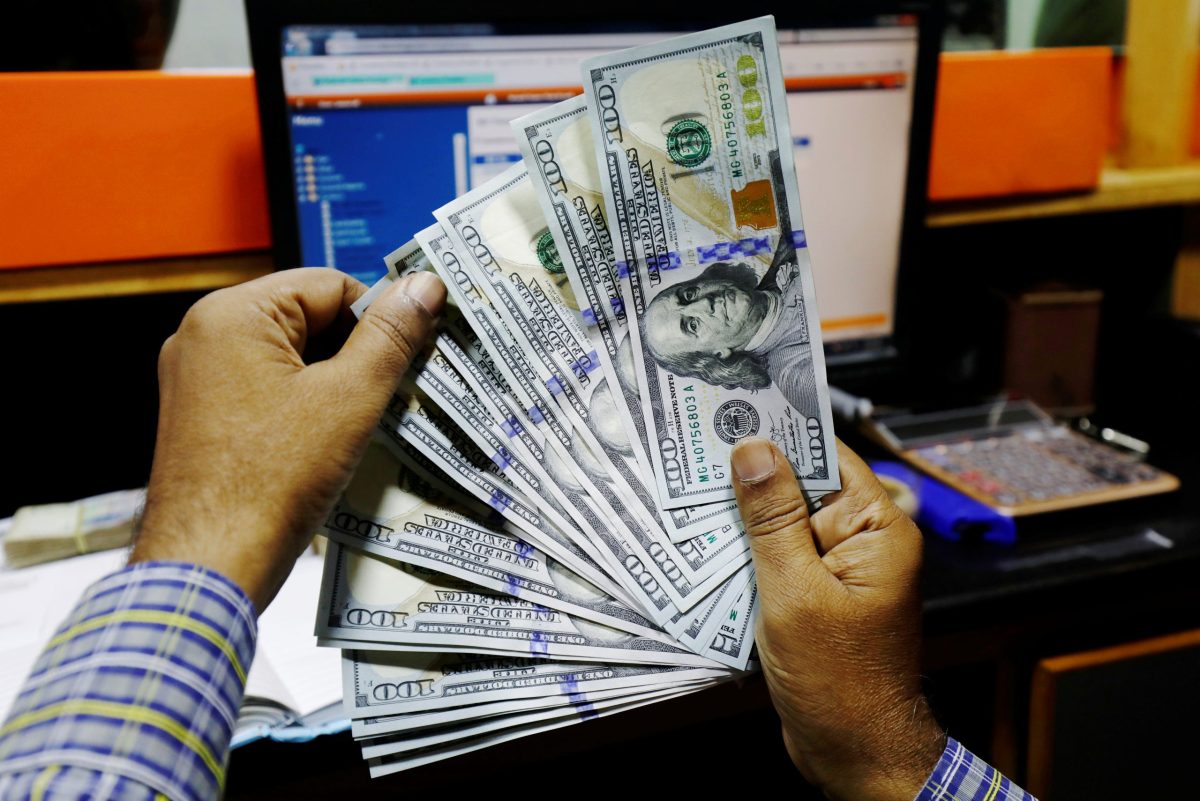By Gertrude Chavez-Dreyfuss
The dollar resumed its climb against major currencies on Friday as investors took refuge in safety bids amid worsening economic fallout from the coronavirus pandemic.
“As we see poor data coming in from Europe, UK, Italy, if you’re trying to be rushing anywhere, it would be U.S. Treasuries and the U.S. dollar as a safe haven,” said John Doyle, vice president of dealing and trading at Tempus Inc in Washington.
The dollar largely shrugged off the U.S. non-farm payrolls report that showed massive job losses of 701,000 last month, compared with expectations of 100,000 lost employment.
March’s job contraction abruptly ended historic 113 straight months of employment growth. The Labor Department also February’s number to 275,000 job gains. The unemployment rate rose to 4.4% from 3.5% the previous month.
“Today’s jobs number and yesterday’s jobless claims report paint a picture of how bad things can actually be,” Doyle said. “But we’re expecting things to be very poor, which is why you’re seeing limited reaction in the currency market so far.”
U.S. initial claims for unemployment benefits rose to 6.65 million in the latest week from an unrevised 3.3 million the previous week. The figures far exceeded the median estimate of 3.50 million in a Reuters survey of economists.
In mid-morning trading, the U.S. dollar index was up 0.6% at 100.78 <=USD>. The index was is on course for a near 2.5% gain over the week, having whipsawed last month from highs on a scramble for cash before slumping as the U.S. Federal Reserve flooded the market with liquidity. The Japanese yen, Swiss franc, euro, sterling and the Australian and New Zealand dollars all also lost ground as the dollar strengthened across the board. <JPY=EBS> <CHF=EBS> <GBP=D3> <AUD=D3> <NZD=D3>.



















